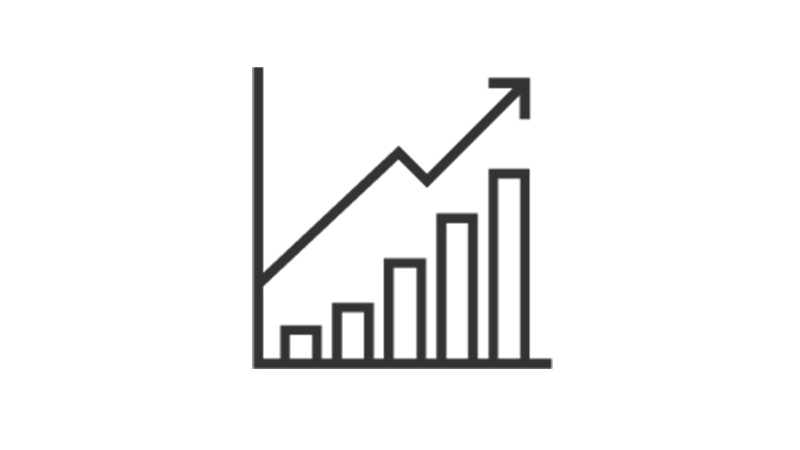Enjoy possible higher returns on your savings
When you invest in bonds, you may get interest as a steady income. The interest may be potentially higher than what you'd get with a cash savings rate over the same period of time.
What you'll get with bonds
What are bonds?
Simply put, a bond is a loan that an investor gives to the issuer of the bond. And in return, the issuer promises to pay interest and pay back the initial investment when it's due.
Bonds are usually part of every investor's balanced portfolio. This is because they carry relatively low volatility compared to other investments. So they add stability and diversity to the portfolio.
The income potential from a bond is reflected in its coupon rate. This rate can be fixed or floating. Income payments could be made from time to time, or at the bond's maturity. A bond reaches maturity at a specified future date. This is when your principal investment will be repaid.
Bonds are meant to be medium to long-term investments. You should be prepared to commit to the full investment term, as some or all of your investment could be lost if you sell early.
What you need to know
Who can apply?
To invest in bonds, you must meet all of the following criteria:
- Be an HSBC Premier customer and an Accredited Investor
- Pass a Customer Account Review (CAR), where applicable
- Acknowledge a Risk Warning Statement, where applicable
Some bonds carry additional criteria. You may check with your Relationship Manager about how you might meet them.
Please note that this product is not available for:
- US citizens and residents
- Canadian residents
- Saudi Arabian residents
Start investing in bonds today
Speak with an HSBC adviser
If you already have an HSBC equity investment account, you can simply contact your Relationship Manager to execute your bond order.
Otherwise, you can leave us your contact details and we'll call you back to discuss how you can get started.
Don't have an equity investment account?
If you're already an HSBC customer, you can apply for an equity investment account to start your wealth journey with us.
Frequently asked questions
You might also be interested in
Notes
This document is provided for information only and is not intended as an offer to buy or sell securities. Opinions and estimates expressed are subject to change without notice and HSBC expressly disclaims any and all liability for representation or warranties, expressed or implied, contained herein or for omissions. As this document is circulated to all clients, the specific investment objectives, personal situation and particular needs of any specific person have not been taken into consideration. HSBC does not but may from time to time have an interest in the securities and may hold long or short positions for its own account or those of its clients.
The price of bonds can and does fluctuate, and any individual bond may experience upward or downward movements, and may even become valueless. There is an inherent risk that losses may be incurred rather than profit made as a result of buying and selling bonds. The holder of the bonds bears the credit risk of the issuer and has no recourse to HSBC unless the latter is the issuer itself. The decision to place the investment should be based on your own judgment without relying on any material provided or advice given by the bank or its representative.




